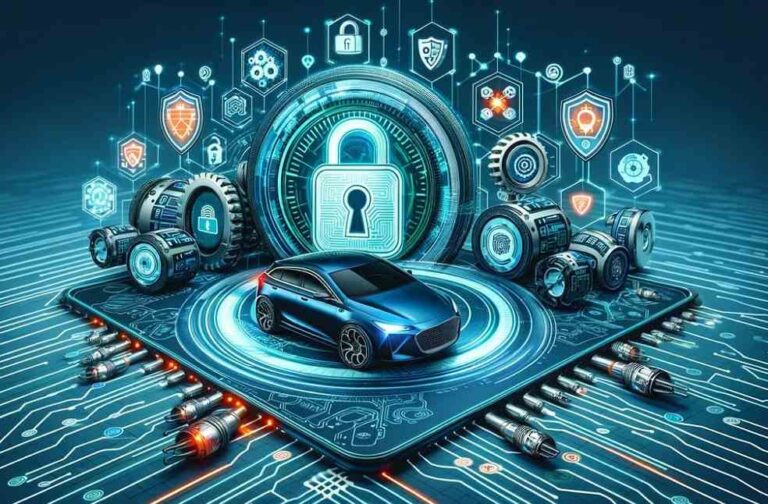As vehicles increasingly collect data from drivers, passengers, pedestrians, and other motorists, they become smarter yet more exposed to cybersecurity threats. Addressing this challenge, companies like 1Kosmos are leading the charge towards passwordless security and digital identity-based authentications, reshaping automotive cybersecurity.
1Kosmos, headquartered in New York and specializing in identity proofing and passwordless authentication, forecasts a significant rise in partnerships between automotive and technology sectors over the next three to five years. Hemen Vimadalal, CEO of 1Kosmos, indicates that luxury car manufacturers are spearheading this evolution. “Companies are increasingly exploring innovative authentication methods, including biometrics and hardware tokens, to enhance security and user experience,” Vimadalal conveyed to the Times of India.

Furthermore, 1Kosmos’ identity verification solution, BlockID, has found its place in India, with notable usage by the automobile association AAA. Co-founder Michael Engle discussed the incorporation of passwordless technologies into electric vehicles, signaling a transformative shift in vehicle security protocols.
Privacy4Cars, a pioneer in automotive privacy, has patented a tool that undermines the effectiveness of biometric and facial recognition systems. Titled ‘Methods and Systems to Reduce Privacy Invasion and Methods and Systems to Thwart Same,’ this innovation aims to shield consumers from invasive AI systems like automated license plate readers and computer vision technologies.

Moreover, Privacy4Cars has developed AutoCleared, software deployed across nearly 1.5 million vehicles to erase sensitive data, and introduced a Vehicle Privacy Report that evaluates the privacy risks associated with vehicles based on their Vehicle Identification Number (VIN). This report encompasses about 600 million vehicles across various regions, including the U.S., Canada, the UK, and the EU.
Digital certificates play a critical role in safeguarding connected vehicles. Security analyst Sam Bocetta, in his latest GlobalSign blog, stressed the pivotal function of digital certificates and Public Key Infrastructure (PKI) in authentication and encryption for connected vehicles.“The digital certificate functions as a virtual ID card, establishing the identity of users, devices, or entities in digital interactions,” Bocetta elaborated, outlining vital steps for setting up a PKI system, a fundamental process for vehicle manufacturers aiming to fortify cybersecurity.
Navigating the intricate nexus of technology and privacy, the automotive industry’s innovations in cybersecurity and privacy tools are establishing new benchmarks for protecting data and the digital integrity of vehicles globally.
AUTO TECH | Nio and Lotus Partner to Innovate EV Charging and Battery Swapping Tech





